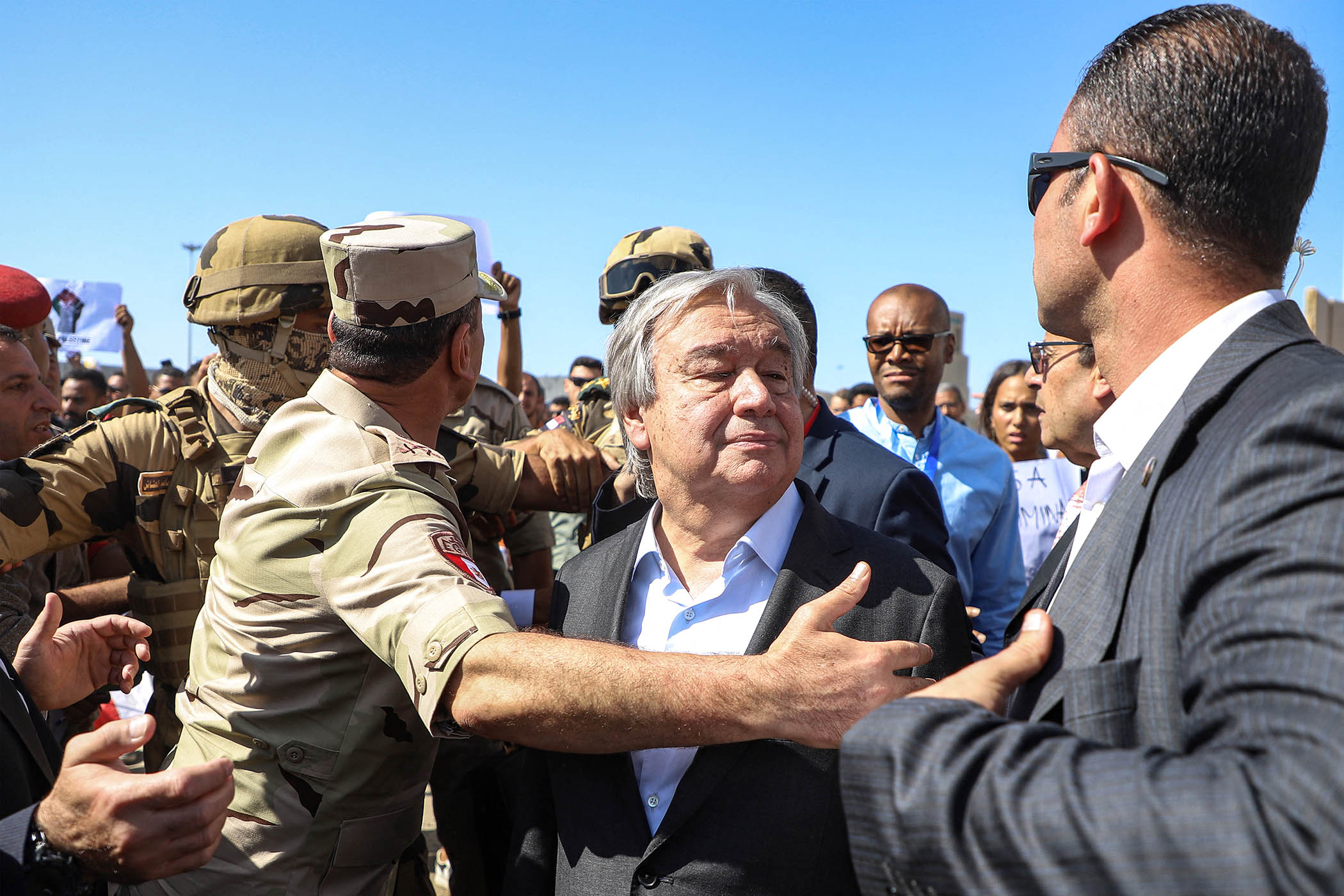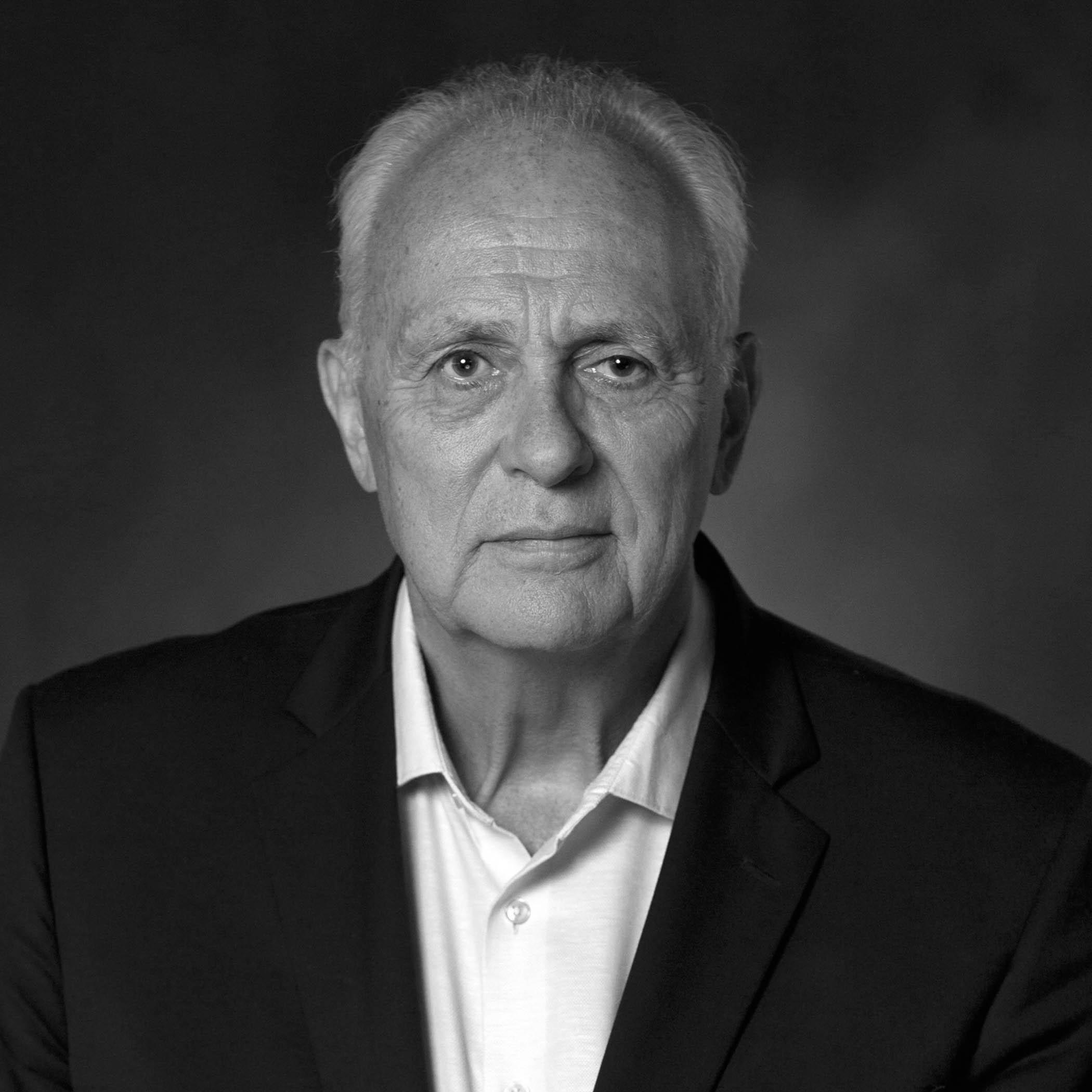A recent Reuters headline noted: “UN report finds United Nations reports are not widely read”. That may be the least of the UN’s troubles. Not read, but, more significantly, not respected any more. In too many major capitals, most notably Washington, its very relevance is in doubt.
The latest malaise may have begun with Vladimir Putin’s Russia betraying the most basic tenet of the UN charter, a respect for a neighbour’s borders, with its invasion of Ukraine – but Donald Trump’s America has piled on.
Doubling down on condoning war crimes in Gaza; threatening the independence of its northern neighbours, Canada and Greenland; and more generally turning the post second world war order on its head with tariff wars, a rejection of international security commitments, and a disregard for the rule of law at home and abroad.
These threats and actions fly in the face of almost everything the UN and its charter are about.
As the UN prepares to welcome leaders to its annual general assembly later this month there is anxiety about who will show up. The real dealmaking on peace and security or contentious international rows about tariffs or debt seem to take place anywhere but the UN.
Trump’s press secretary, Karoline Leavitt, claims that the president “has closed seven global conflicts” around the world and has scoffed at the UN’s record by contrast. At the same time Trump has decimated US funding for UN activities, including lifesaving public health and humanitarian interventions. The Lancet has estimated his cuts could cost up to 14 million lives.
The UN itself seems frozen by the betrayal and rejection of its first parent. Its origin story is the personal vision of President Franklin D Roosevelt, whose dream imbued its charter and values. The US has hardly been a steady guardian of that vision over the subsequent 80 years, but it has been enough of one to allow that basic relationship to remain intact.
Now may be the time the cord gets cut. First, not because the UN has changed but because America and too much of the rest of the world has. Protecting Roosevelt’s vision of a world with strong multilateral institutions, operating within a framework of laws and treaties, is evidently at odds with the transactional America First dealmaking of the White House.
Second, seeking to tiptoe around a short-tempered parent has consequences for the UN’s relations with the rest of its members. Many, despairing at where the world is going, want a UN that campaigns on their behalf for the values of the charter. Until they get that, they will use other forums, the Brics bloc, the G20, or the Shanghai Cooperation Organisation, where presidents Xi Jinping and Putin, along with India’s prime minister, Narendra Modi, recently very publicly embraced.
An array of countries are itching to step up and offer enhanced UN leadership, from China, a controversial rescuer for many but one espousing the rule of law as a counter to the US; to a new generation of emerging powers such as India, South Africa and Brazil (which is leading a push for renewing the UN charter); to coalitions of smaller countries, developed and developing alike, who deeply fear the consequences to them of the reversion to a world of raw power rather than multilateral rules.
Newsletters
Choose the newsletters you want to receive
View more
For information about how The Observer protects your data, read our Privacy Policy
Until now the UN and its former officials, such as myself, have always insisted its universality is its critical comparative advantage. Everybody is at the table, whatever their differences. That worked when leading powers subscribed, at least nominally, to the charter values. But today that has left the UN adrift. It seems to stand for nothing. To recover purpose it needs to invert its priorities: championing the charter first, universality second.
That puts it on a collision path with the Trump administration – which has shown sufficient disdain for the organisation that it might pull out entirely or allow its non-payment of dues to reach a point where it could lose voting rights. But for now a more likely posture is that it straddles with one foot in and one out. It pulled out of the recent Seville conference on financing development, thereby allowing a consensus to be reached by other members.
In a world where Trump management has become a deferential art form of flattery, obfuscation and swallowing of principles, the UN, rarely famous for backbone when it comes to the US, needs to find the courage to stand up and be counted.
But finding its voice is not enough. António Guterres, the UN secretary general, and his colleagues actually have repeatedly spoken up on Gaza and climate, for example, but they are rarely noticed. Neither the media or those who read them think it matters any more.
The exception is the humanitarian catastrophe in Gaza. There the UN has a voice because it is seen to have real skin in the game. Bravely trying to get food in against overwhelming odds and protesting against and challenging the Israeli blockade. So a revived UN is not about rhetorically poking the Trump administration in the eye – it is about getting back out into the world and fighting for the lives of the weak and vulnerable.
As other donor countries cut their aid budgets, the UN funding is at high risk. Already 20%-40% cuts have been made in the staffing levels of many UN funds and programmes, but there is a strong sense that this is just a panicked move to cut costs rather than making the most of the crisis to really clear the decks and reset direction. To work out how to do more with much less and to reconnect to the founding vision.
To get the rest of its members back on side the UN needs to focus on its basic missions, starting with peace and security. Even if Gaza and Ukraine are arguably beyond its reach, because the US and Russia are keeping them out, no such excuse pertains for the bloodiest current conflict in the world. In Sudan, the UN has been equally missing in action, as it has in other Middle East and African conflicts, as it has in Myanmar, where a brutal civil war also drags on. It simply seems to have abdicated from the hard work of peacemaking.
Its humanitarian work remains a strong franchise, but its current model of large numbers of expatriate operational staff is becoming unaffordable as the caseloads of those in need grow dramatically as a consequence of more wars and more climate emergencies.
A rebalanced approach would limit the UN role to light-touch funders and overseers of relief, but shaved of the massive delivery infrastructure of the past. Delivery would rely primarily on a network of local partners such as the mutual aid groups active in Sudan.
And there are other areas, such as human rights, where more boldly challenging the US or Russia and their proxies, or indeed other spoiler nations, such as Saudi Arabia on women’s rights, Uganda on LGBT issues or China on forced labour, might restore energy and moral purpose.
By taking sharper charter-based positions on issues, the UN need not betray its universality. When a country finds itself on the losing side of an argument in this new, reinvigorated UN, the hope is that it would not storm out, but rather either change its behaviour or come back with better arguments.
It would allow a UN that is once again out and about in the world and noticed, as ready again to take on the great issues and challenges of the times. President Trump would not be the first overbearing parent to have perversely done the bullied offspring a favour by forcing them to get out and stand on their own feet.
Photo by Kerolos Salah/AFP via Getty Images

